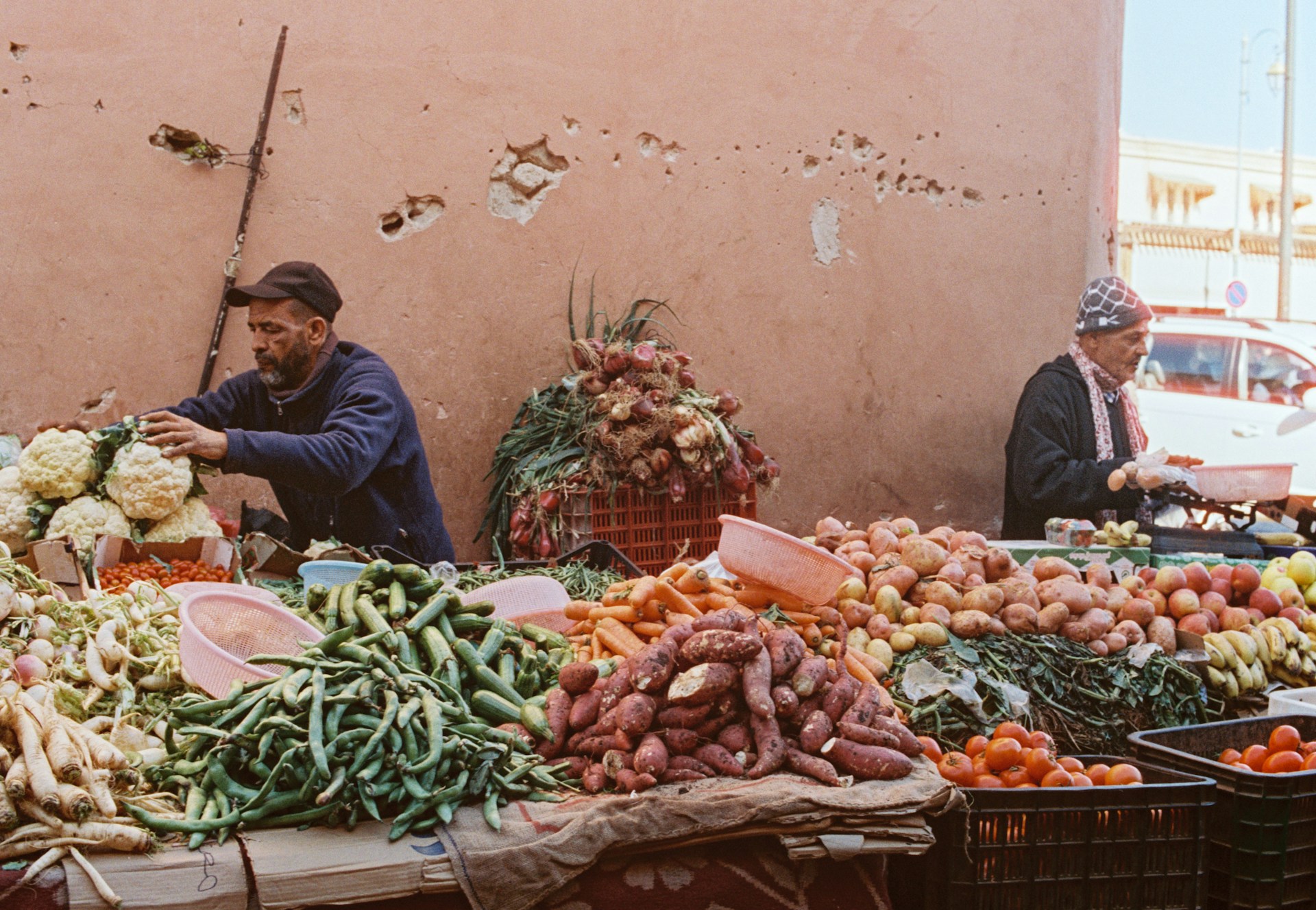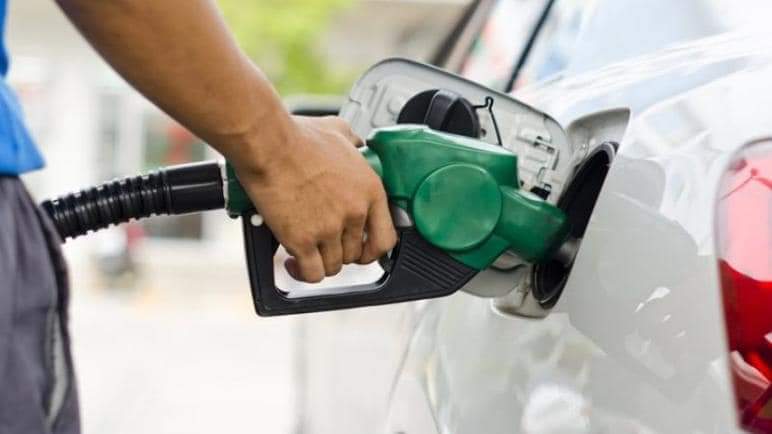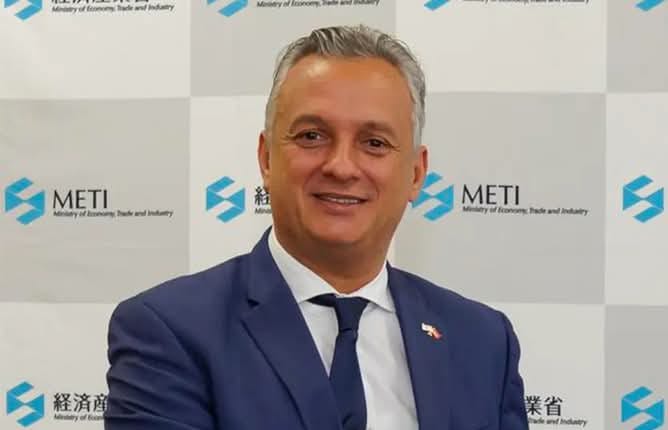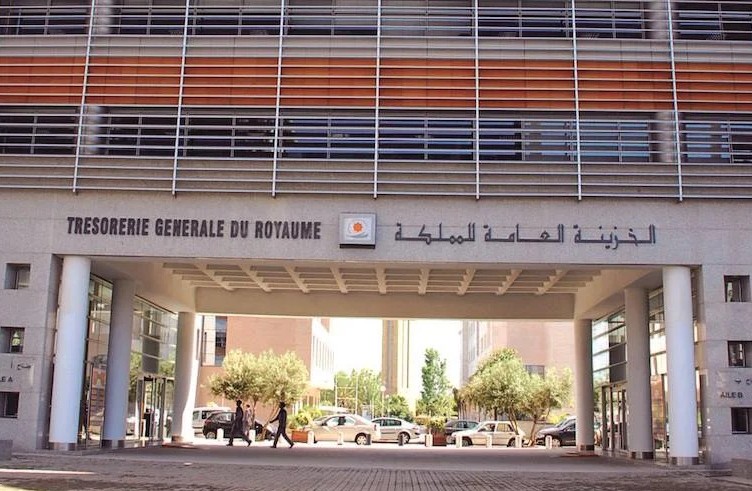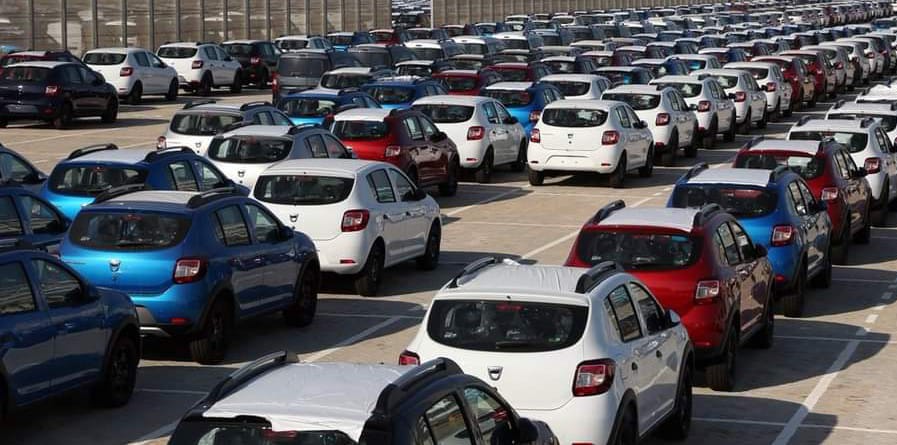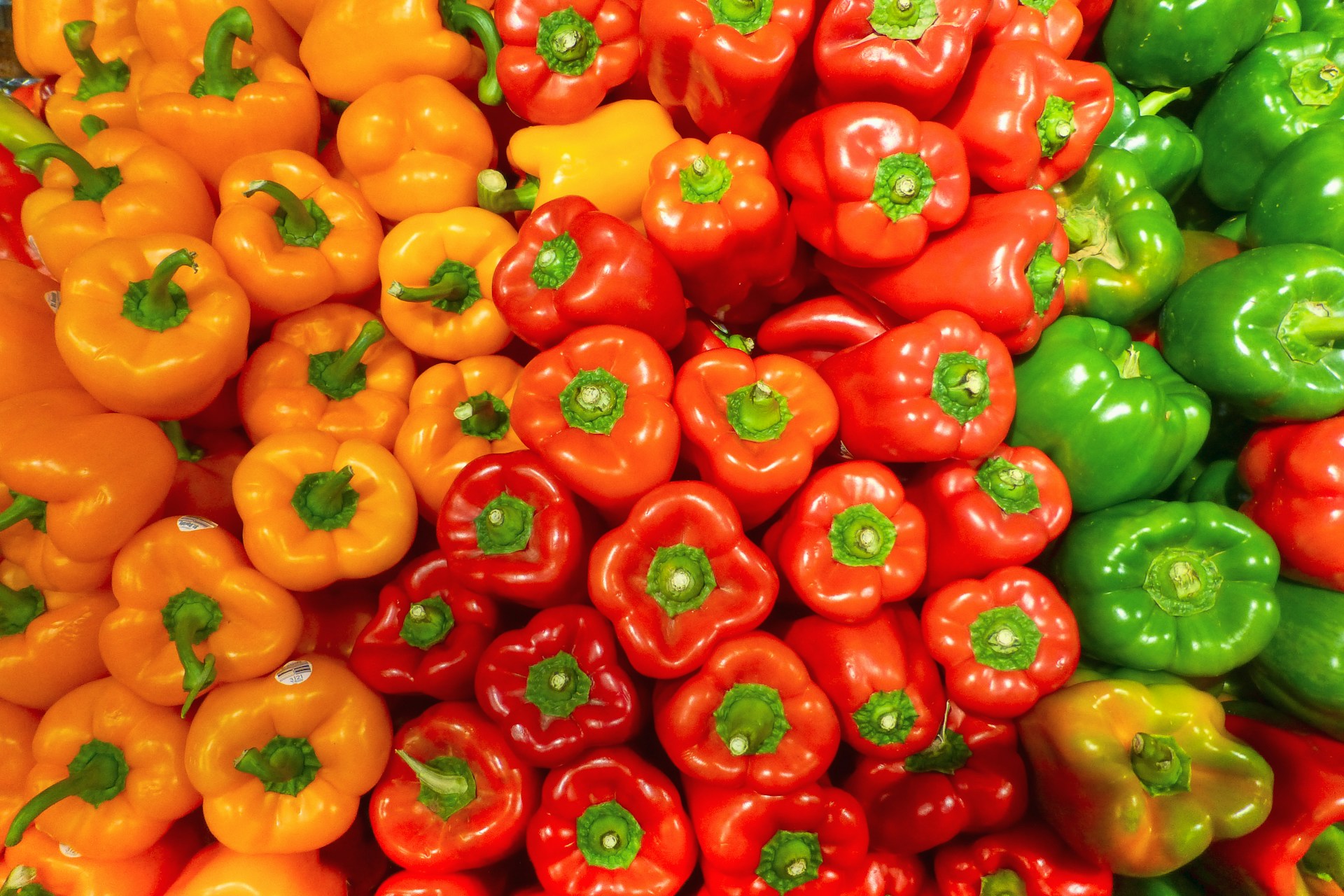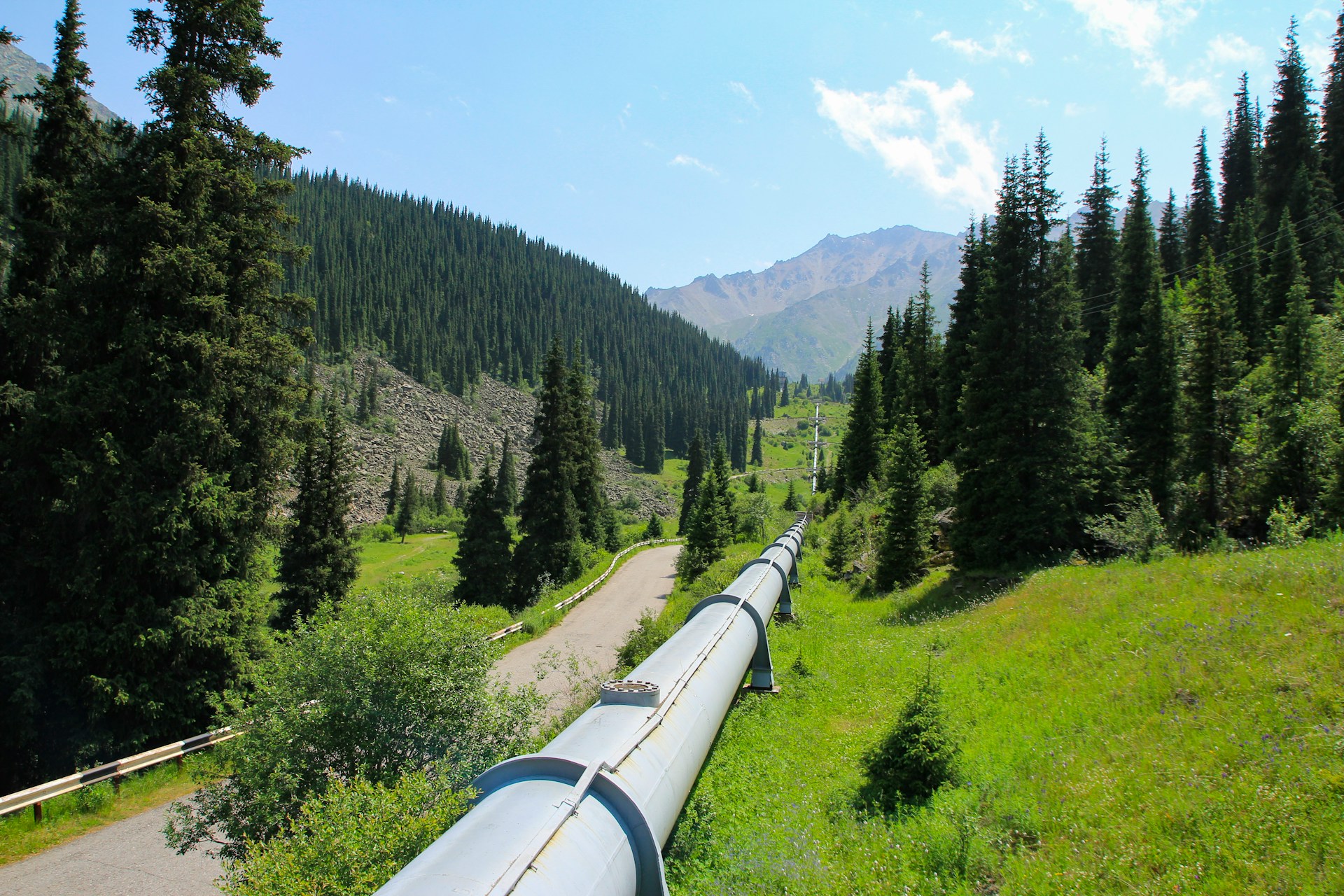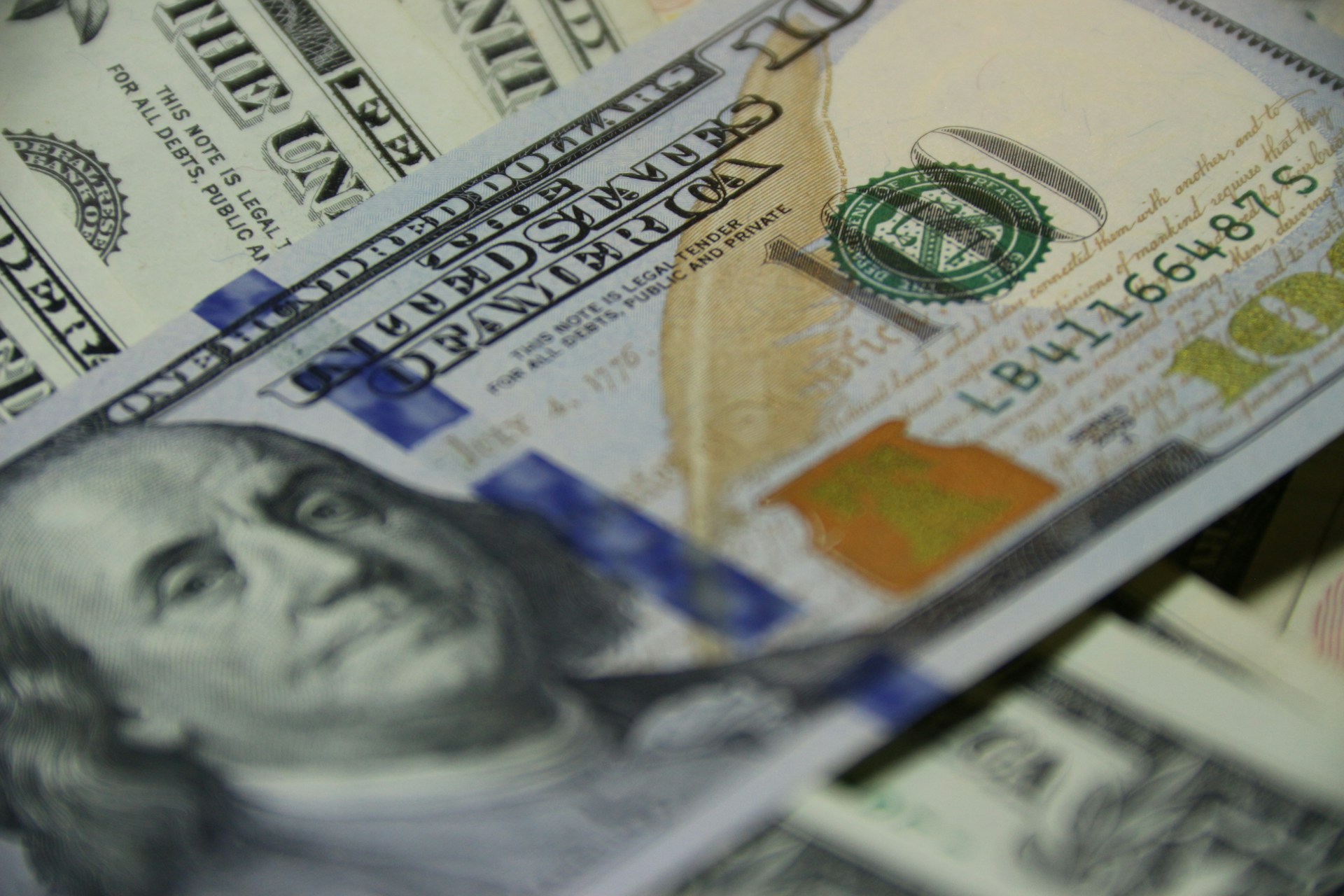Casablanca – As global food markets face increasing instability due to climate change, supply chain disruptions, and geopolitical tensions, Morocco continues to reinforce its position as one of Africa’s most resilient agricultural producers. Recent statements by Minister of Agriculture, Maritime Fisheries, Rural Development, Water and Forests, Ahmed Bouari, underline the country’s steady progress toward food sovereignty through sustained investment, strategic reforms, and the modernization of farming systems.
According to Bouari, Moroccan agriculture now secures 100% of national needs in fruits and vegetables, 53% of cereals, and 44% of sugar, marking a significant achievement in the pursuit of food self-sufficiency. These figures highlight both the strength of domestic production and the country’s ability to maintain market stability, even during years of limited rainfall and global economic challenges.
A pillar of the national economy
Agriculture remains a cornerstone of Morocco’s economic structure, contributing around 13% of the national GDP and employing 30% of the total workforce, with nearly 70% of those jobs based in rural areas. This reflects not only the sector’s weight in the economy but also its role in ensuring social stability and rural livelihoods.
Bouari emphasized that Morocco’s progress in food security did not occur by chance but resulted from long-term strategic planning — most notably through the Green Morocco Plan and its successor, the Green Generation Strategy (2020–2030). These programs aim to modernize production techniques, promote sustainable resource management, and encourage youth entrepreneurship in agriculture.
Toward national food sovereignty
Despite recurrent droughts and fluctuating global prices, Moroccan markets have remained continuously supplied with essential food items. This stability, according to the ministry, has been achieved through the mobilization of farmers and agribusiness operators across all stages of the agricultural value chain. Local production ensures that households have access to affordable and diverse food products, while state monitoring prevents excessive price volatility.
Bouari described this steady supply as a reflection of “enhanced national food sovereignty”, achieved through both domestic efforts and proactive international cooperation. He noted that the government has worked to guarantee a balance between self-sufficiency and strategic imports, ensuring that local farmers are protected while consumers benefit from market diversity.
Strategic trade partnerships
To strengthen Morocco’s food systems and support its agricultural competitiveness, the country has signed a wide network of trade agreements. These include the Morocco–European Union Agricultural Agreement, the Free Trade Agreement with the United States, and several accords with Arab and African partners, such as the Agadir Agreement, the Greater Arab Free Trade Area, and the African Continental Free Trade Area (AfCFTA).
Through these frameworks, Morocco has secured preferential access for its agricultural exports while maintaining strict protection measures for sensitive domestic products. Import quotas and monitoring mechanisms are applied to prevent local farmers from being disadvantaged by international competition.
Bouari clarified that these agreements not only promote trade diversification but also contribute to economic resilience by improving the national trade balance and encouraging foreign investment in the agri-food sector.
Legal safeguards for local production
In addition to trade diplomacy, the Moroccan government has enacted several laws to protect domestic agriculture. Law 14.91 on Foreign Trade regulates import and export activities, establishing a balance between market openness and protection of national production. It includes technical controls and preventive measures against practices such as dumping or sudden import surges.
Complementing this, Law 104.12 on Freedom of Prices and Competition ensures market transparency and combats anti-competitive behaviors such as monopolies or price collusion. It also allows state intervention when necessary to safeguard consumers’ purchasing power and maintain price stability.
Together, these legal instruments provide Morocco with a flexible framework to manage the challenges of economic globalization while preserving the competitiveness of its local producers.
Balancing Growth and Sustainability
Morocco’s agricultural achievements come at a time when the sector faces significant environmental pressures. Recurrent droughts, soil degradation, and fluctuating rainfall patterns continue to test the resilience of the country’s farming systems. In response, the government has intensified programs promoting efficient water management, irrigation modernization, and climate-smart agriculture — essential measures for ensuring the sustainability of food production.
Bouari stressed that the ministry’s priority is to maintain a stable and sufficient supply of agricultural products on the national market, whether through local production or trade agreements, while continuously monitoring price trends and stock levels.
A model of agricultural adaptation
Morocco’s experience demonstrates how a developing country can adapt to global challenges through strategic planning, international cooperation, and commitment to sustainability. By combining modernized farming techniques with protective trade policies and legal safeguards, the country has succeeded in securing food supplies and supporting rural employment, even amid unfavorable climatic conditions.
As the world continues to confront the impacts of climate change and global market instability, Morocco’s agricultural model — built on resilience, partnership, and innovation — stands as a regional reference for how to balance economic growth with long-term food security.






